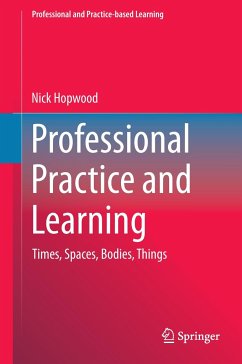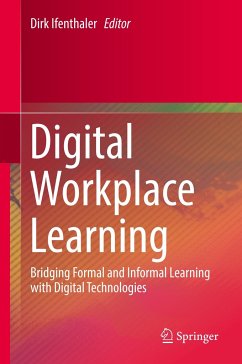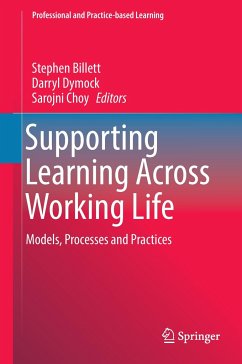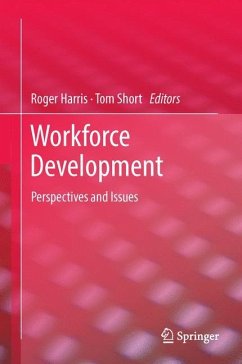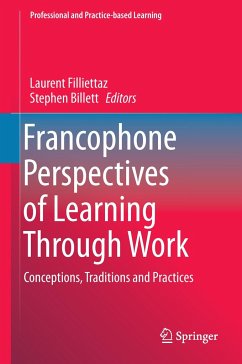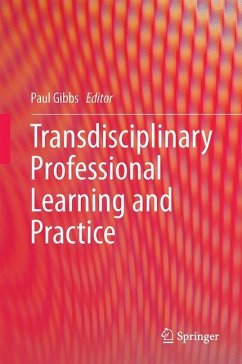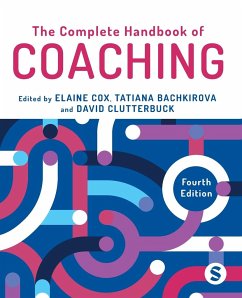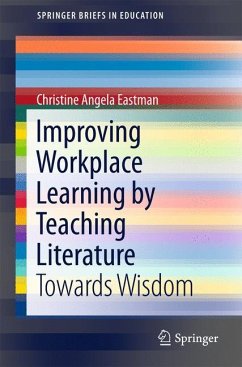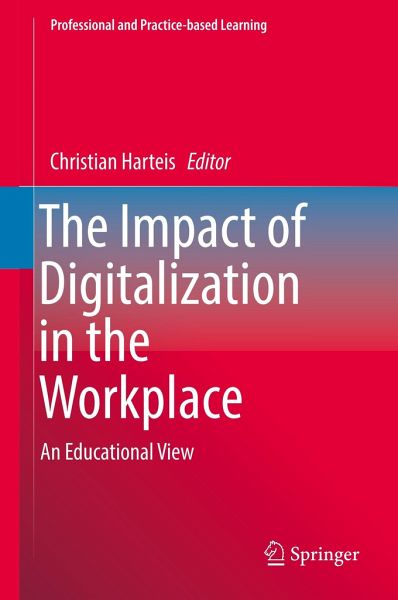
The Impact of Digitalization in the Workplace
An Educational View
Herausgegeben: Harteis, Christian

PAYBACK Punkte
49 °P sammeln!
This edited volume brings together researchers from various disciplines (i.e. education, psychology, sociology, economy, information technology, engineering) discussing elementary changes at workplaces occurring through digitalization, and reflecting on educational challenges for individuals, organizations, and society. The latest developments in information and communication technology seem to open new potential, and the crucial question arises which kind of work can be replaced by technology? The contributors to this volume are scholars who have been conducting research on the influence of t...
This edited volume brings together researchers from various disciplines (i.e. education, psychology, sociology, economy, information technology, engineering) discussing elementary changes at workplaces occurring through digitalization, and reflecting on educational challenges for individuals, organizations, and society. The latest developments in information and communication technology seem to open new potential, and the crucial question arises which kind of work can be replaced by technology? The contributors to this volume are scholars who have been conducting research on the influence of technological change on work and individuals for a long time. The book addresses researchers as well as practitioners in the field of adult education and human resource development.



